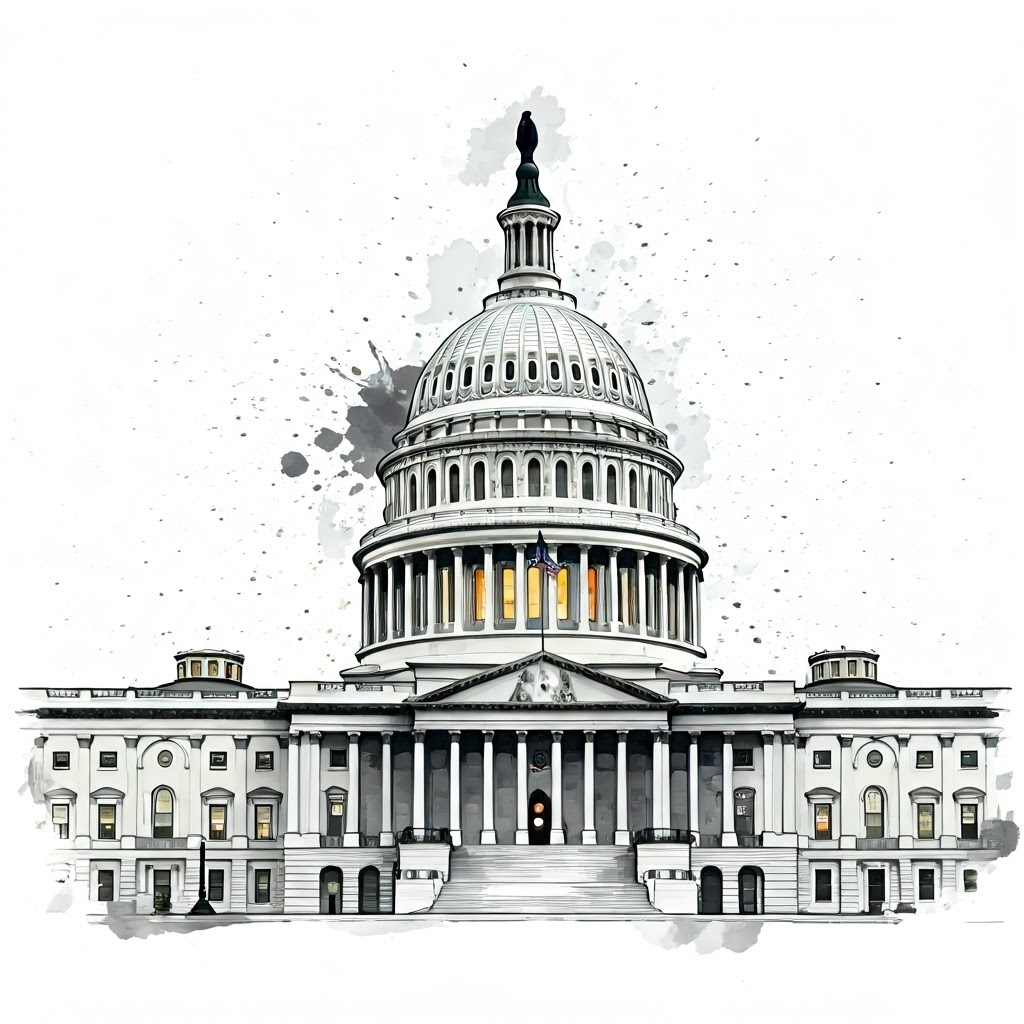Nigerian exporters are fed up with the government’s failure to launch the Nigerian Export Proceeds (NXP) system. The delays are causing chaos for businesses and raising fears about the future of Nigerian exports. The situation is made worse by the government’s plan to crack down on food smuggling, which exporters fear will further complicate matters.
- NXP system launch delayed indefinitely, causing frustration among exporters.
- Government plans to enforce Export Prohibition Act, raising concerns about further disruptions.
- Corruption, conflicting regulations, and inefficient port operations add to the challenges.
- Exporters call for clarity and streamlined processes to support the sector.
NXP System: What’s the Hold Up?
The NXP system was supposed to make exporting easier, but it’s been delayed since June 2024. Nobody knows when it will finally be up and running. This uncertainty is a major headache for exporters who rely on smooth operations. The system is meant to improve transparency in export logistics and integrate with the electronic call-up system (Eto) for booking exports.
Adding Fuel to the Fire: Export Prohibition Act
The government’s plan to enforce the Export Prohibition Act is causing even more anxiety for exporters. While the aim is to tackle food smuggling and ensure domestic food security, exporters worry that poorly implemented restrictions will damage the export sector. The House of Representatives is pushing for incentives for farmers to increase production while simultaneously restricting certain exports. This contradictory approach leaves exporters wondering how they fit into the equation.
Corruption and Bureaucracy: The Usual Suspects
It wouldn’t be Nigeria without a bit of corruption and red tape, would it? The Shippers Association of Lagos State (SALS) points fingers at corruption, self-serving interests, and overlapping government roles as major obstacles to efficient exporting. They argue that corruption is at the heart of the NXP system’s failure to launch.
Exporters Speak Out
Exporters are pleading for clear guidelines on what goods can and can’t be exported. They warn that blanket bans, especially on items like maize, will hurt the sector. They also highlight inefficiencies at the ports, where vessel turnaround times have plummeted, further delaying shipments and increasing costs for exporters. Overlapping responsibilities between different government agencies just add to the chaos and confusion.
A Call for Clarity and Collaboration
Nigerian exporters are urging the government to listen to their concerns. They need a clear and consistent policy on exports, a crackdown on corruption, and streamlined processes at the ports. They also emphasize the importance of collaboration between the government and the private sector. Only by working together can they ensure a thriving export sector that benefits both Nigeria’s economy and its citizens.
What Can Be Done?
A clear roadmap for the implementation of the NXP system is crucial, along with transparent communication about any delays. The government should engage with exporters to understand their concerns and develop solutions that address the root causes of the problems, rather than imposing blanket restrictions. Investing in port infrastructure and streamlining customs procedures could significantly improve efficiency. Finally, tackling corruption head-on is paramount to creating a level playing field and fostering a healthy export sector.





